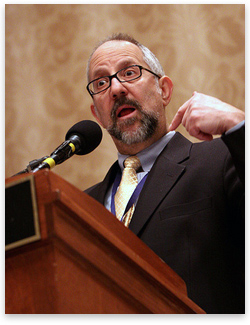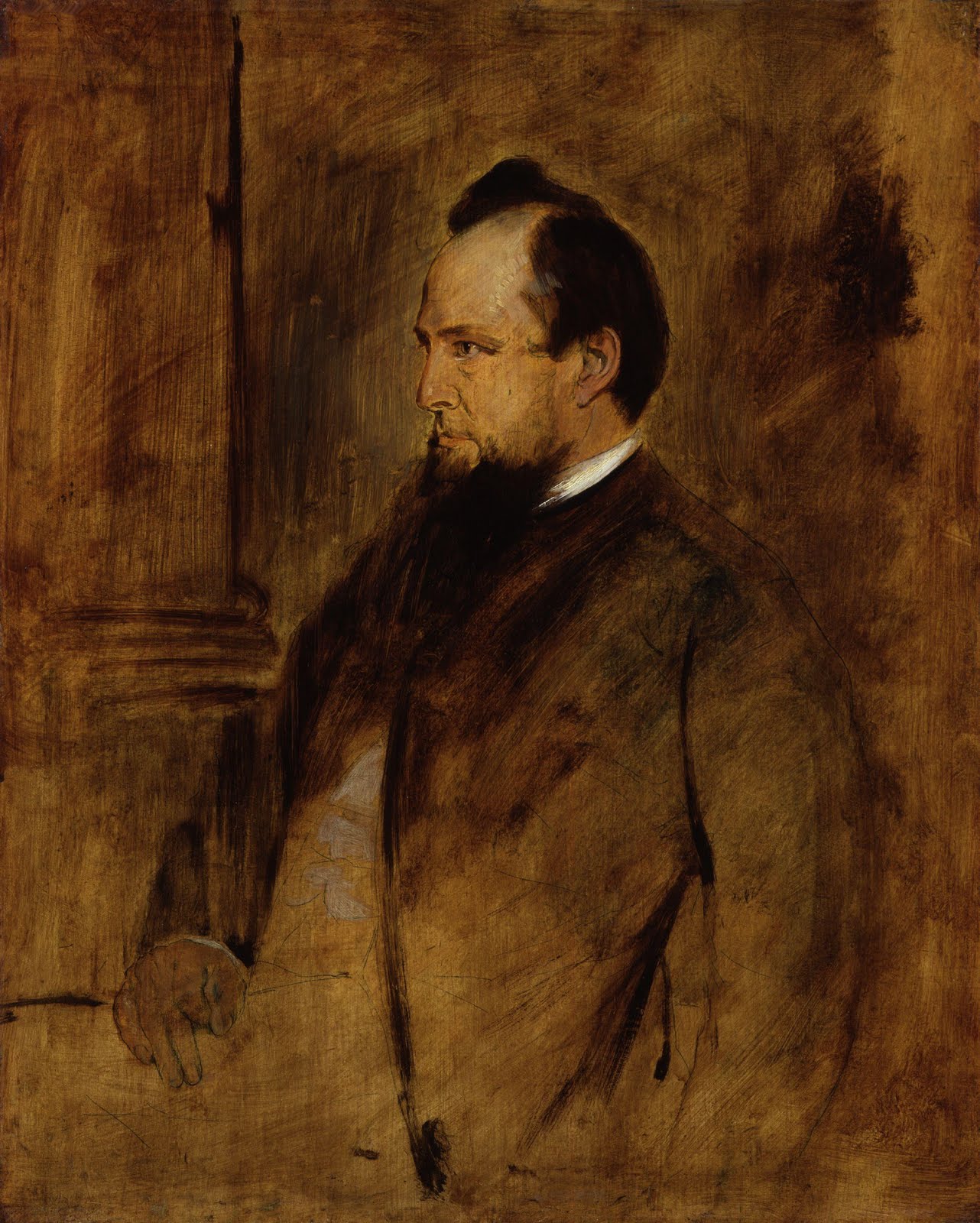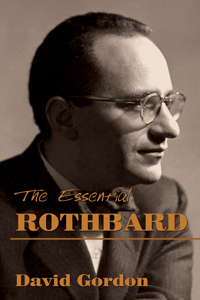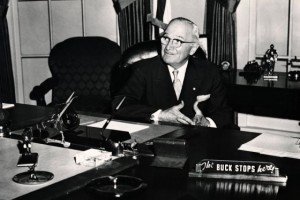This is part four of a four-part series on LIFE Leadership Fun. To start at the first segment, please click here.
The whole series now boiled down to one game for the Band of Brothers (BoB). If they lost, it was over; otherwise, with a win, both teams would settle it once and for all on day seven. Each team experienced the increasing pressure and grueling exhaustion by reaching our competitive limit. Nevertheless, it is an athlete’s dream to experience true competitive greatness when one’s physical limits are reached and the mental discipline must take over. I took the measure of each man on the court just before passing in the ball to start game three. Every single player was a winner who had his game face on, determined to give his all and contribute to his team’s victory. In other words, no one had cracked, and it promised to be a war to the finish. The final game started with baskets trading back and forth and was tied at 4 points a piece at the first water break. The BoB, however, surged out of the break, scoring three unanswered baskets to take a commanding 7–4 lead.
Ending this run was not an option, and I found myself repeating the words “stops and pops” out loud. Holger and Bill knew exactly what I meant, namely, stops on defense and quick pops on offense. The next offensive series for the BoB was crucial because overcoming an 8–4 lead would have been a tall order. Thankfully, we did not give the BoB any good looks at the rim, and even if we did, we vowed to foul if necessary, as we could not allow an easy shot. Still, their next shot danced tauntingly on the rim, for what seemed like an eternity, before finally rolling off into Holger’s awaiting arms.
The next set of events I experienced in slow motion, although the game pace was extremely fast on the court. Holger passed the ball to me, and I quickly launched a bomb from downtown that hit the mark, making it 7–5. Because we had played “buckets” the whole series, the scoring team would keep the ball until the defense stopped them. Bill inbounded the ball to me, and we looked to continue our rally. Over the years, Bill and I have played a ton of basketball together, and when we made eye contact and nodded, I knew exactly what he wanted to do without a word being communicated. For it was time to execute a series of flawless pick-and-rolls and end this game, or we would have to confront the BoB again on day seven. I dribbled to the left into a beautiful screen set by Bill that checked Morgan. Birtles, however, quickly rushed in front of me to stop my wide open shot. Noticing the overplay by Birtles, Bill rolled to the hoop and I hit him with a perfect bounce pass that he caught in stride for the layup, making it 7–6.
Two more beautiful screens by Bill left me open for running layups that pushed us into the lead 8–7. Finally, the BoB stopped our surge, and we traded baskets to make it 9–8 with the BoB dribbling the ball intent on tying it up. A shot by Birtles bounced long off the rim into my arms around the free-throw line. I quickly dribble to the top of the key, hoping to catch the BoB napping, to take a quick shot. I turned to face the hoop and made eye contact with Steve Morgan in a dead sprint towards me. I made up my mind to shoot anyway and arced a moon ball that took forever to come down. Somehow the shot just avoided the outstretched hands of Morgan, and he turned around just in time to see the moon ball swish through the net. PC Team was up 10–8 with just one more point to go!
Bill shot the potential game-winning shot that just missed, but Holger’s offensive rebounding gave us two more shots at victory. Incredibly, both layups rolled on the rim but refused to fall. Three game-winning shots, in other words, but no points! The BoB rebounded and took possession. Steve, guarded by me, dribbled to the right to lead me into Kirk’s screen. However, as Kirk attempted to roll, one of his calf muscles popped, and he collapsed in pain on the court. He was not getting back up, and just like that, the series and summer were over due to an injury. Since we were leading by the required two points, the game ended in our victory, by an injury forfeit, winning day six two games to one and the day series four days to two. Thankfully Kirk, who is a former physical therapist, is recovering nicely and preparing for next year.
Only people who are free mid-morning every day can enjoy this type of fun. Further, only people who understand and apply the PDCA process can enjoy the mental chess match of two winning teams engaged in war. Next summer promises to be even better as I am planning to form teams of PC Primers Leader pins. Each three-man team will compete in a Gus-Macker–like tournament at 10 a.m. in the morning while everyone else is working. LIFE Leadership is about Having Fun, Making Money, and Making a Difference, and this definitely fits in the Fun category! Why not get free and join a team to battle it out in a three-on-three basketball tournament? And since some people don’t like basketball, maybe other free LIFE Leaders will initiate a golf/volleyball/baseball/football/etc. tournament.
I thoroughly enjoyed myself in this series. Looking back, I think the key lesson each of the players took away from it was how much fun it can be to incorporate the PDCA process into life. When winners get together to compete, it promises to be a great time. In all the games, no one trash-talked, gave cheap shots, or cheated. Instead, it was just competition at the highest of levels amongst friends and business partners. I cannot wait until next year! Anyone care to join us?
Sincerely,













